I’ve had this picture in my car for months now. I picked it up somewhere in our old house. It must have fallen out of an album while we were preparing to move. I look at it a lot: the high desert in California, with two of my best friends from college, at least thirty years ago. I kept it close to hand because the people in it mattered so much to me at a point where our lives were pretty much free from responsibility, at least compared to now. Life was easy then, it seems now, even when it did not feel that way at the time. That is Jon in the front of the car, where the engine should go, and I am on the car’s roof. Kim, Jon’s girlfriend, is in the driver’s seat. I woke up on Friday with a message on my phone that Kim had died the day before, on the Fourth of July. Ovarian cancer, eight months after she first was diagnosed.
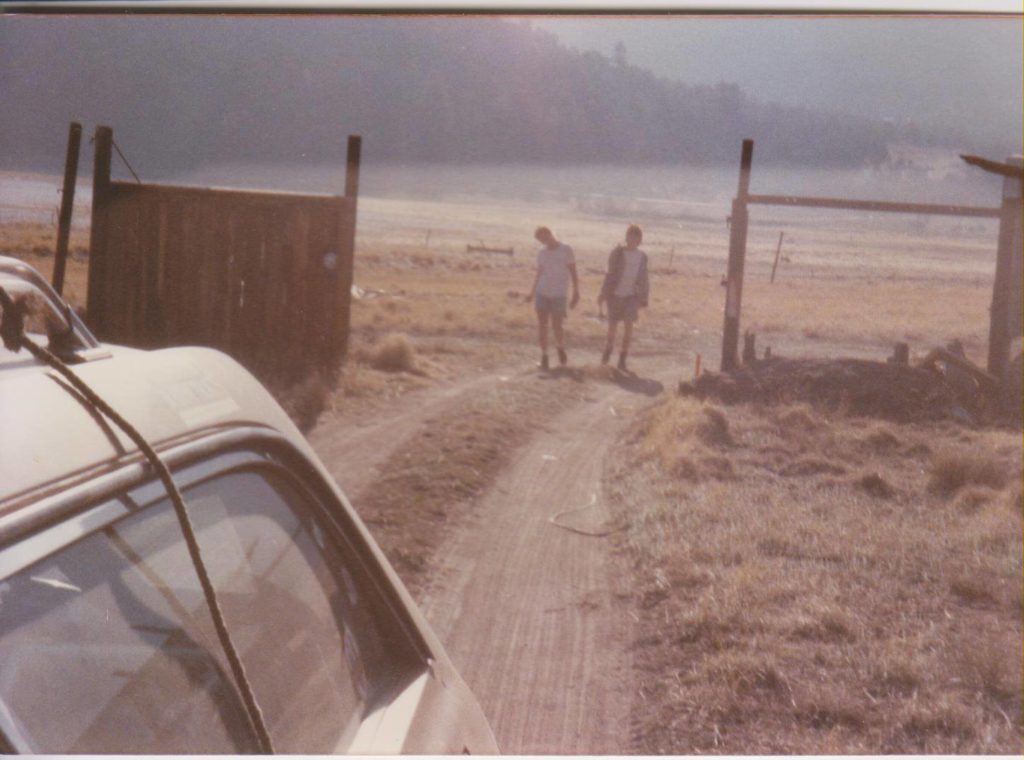
There was a Los Angeles anchorman for Eyewitness News named Jerry Dunphy. He had a long career and I can still hear his voice clearly in my head. He had an introductory line for which he was famous: “From the desert to the sea, to all of Southern California, Good Evening.” It became the inspiration for that road trip. We had been camping in Joshua Tree. Could we make it from the desert, to the mountains, to the valley, and to the surf in one day? California is amazing like that, and writing these words makes me feel homesick.
I met Kim in the fall of 1985, when we both began as students at Cal State Long Beach. We lived in the dorms. She shared a suite with a bunch of girls, two of whom, Toast and Psycho, became part of a circle of friends who became something new during those years in Long Beach. Kim and I had classes near each other, and we sat in the hallway outside our rooms before they began, reading the Daily Forty-Niner or the Long Beach newspaper or whatever else was lying around, laughing constantly. Kim laughed a lot. I remember that, and her smile was warm and welcoming. She had the greatest smile and she was generous with it.
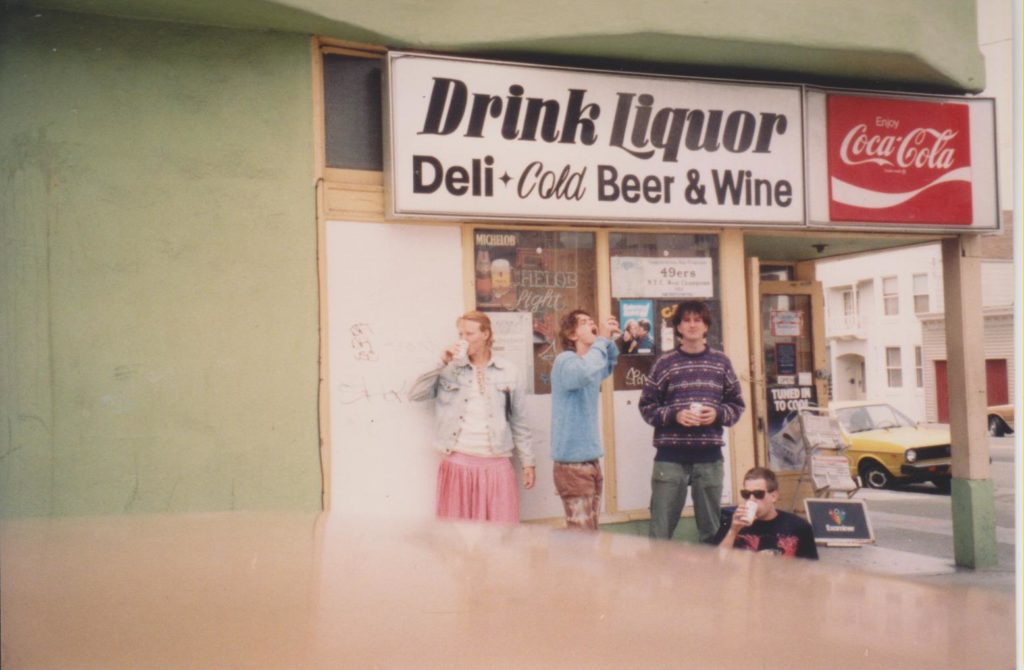
I saw Kim a lot over the course of the late 1980s. Jon and I were housemates, so Kim was around our place in Bellflower a lot. We made road trips, camping, or to see bands. We hit the freeway to see shows. I have vague memories of going to some country music festival, somewhere, maybe near a dam, which I must have gone to ironically, since I generally hate most country music. But I cannot remember for certain.
It has probably been twenty-five years at least since I last saw Kim. I do not know her kids’ names, nor that of her husbad. I moved to New York, and then to Montana, and back to New York. She moved to Sacramento. We kept in touch a bit on Facebook. Kim became an archaeologist, working on California’s native communities. She gave me some advice as I worked on both editions of Native America. I loved the digital humanities project she and her colleagues and indigenous collaborators produced. I continued to learn from her, but I did not get back to California as much as I should have.
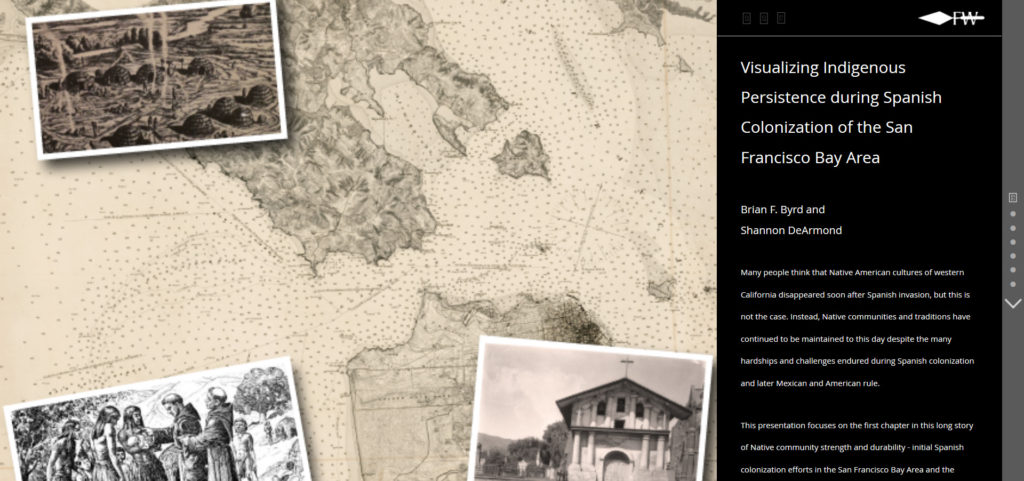
Historians like me, we look for the significance in events. Too many of us, I think, ask students to identify and give the significance of this, that, or another person, place, or thing. I have railed against this on this blog before, because it is perfectly possible to live a life rich with meaning and entirely fulfilling without understanding the Alamo, or the Lend-Lease Act, or the Treaty of Westphalia. But what are the truly significant events in a life? The events that make you who or what you are? The moments, after which, nothing ever will be the same again? Maybe they were newsworthy events. Maybe you lived through something that historians will write about. But these events can also be a road trip, full of experiences that carry meaning only for those who were there, magic moments, points in time to which we are tethered, as we move through the desert, from sand to snow to surf, past abandoned farms, dry lake beds, anonymous tract housing, and concrete rivers, always in the warm bright California sun. Kim was at or around a lot of those events, during this important time in my own life from a long time ago. It was good to know her, from the desert to the sea, across all of Southern California.
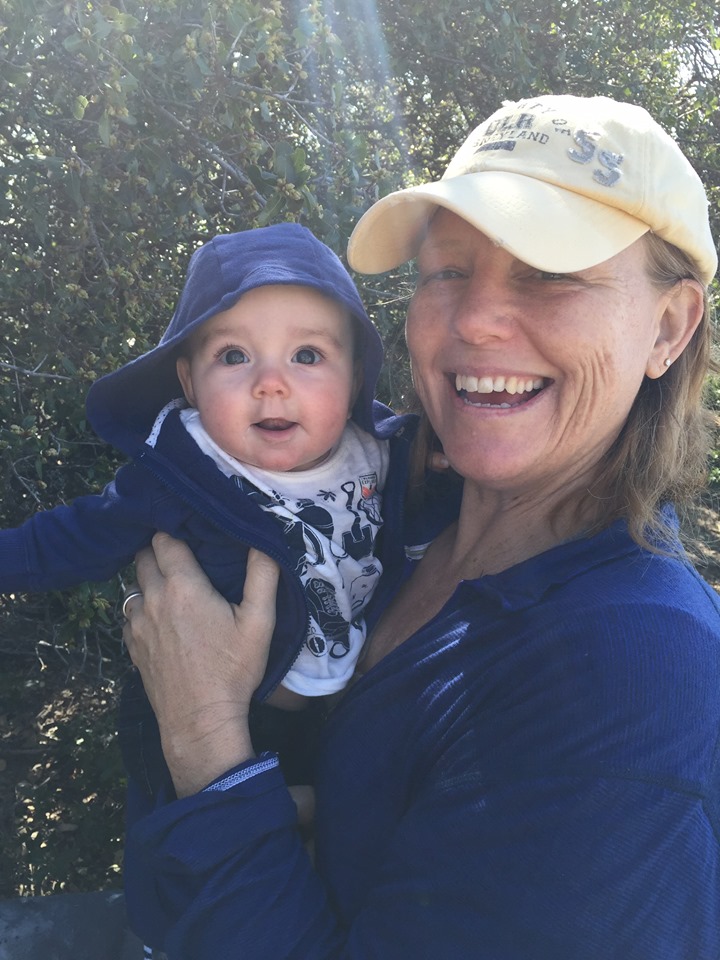

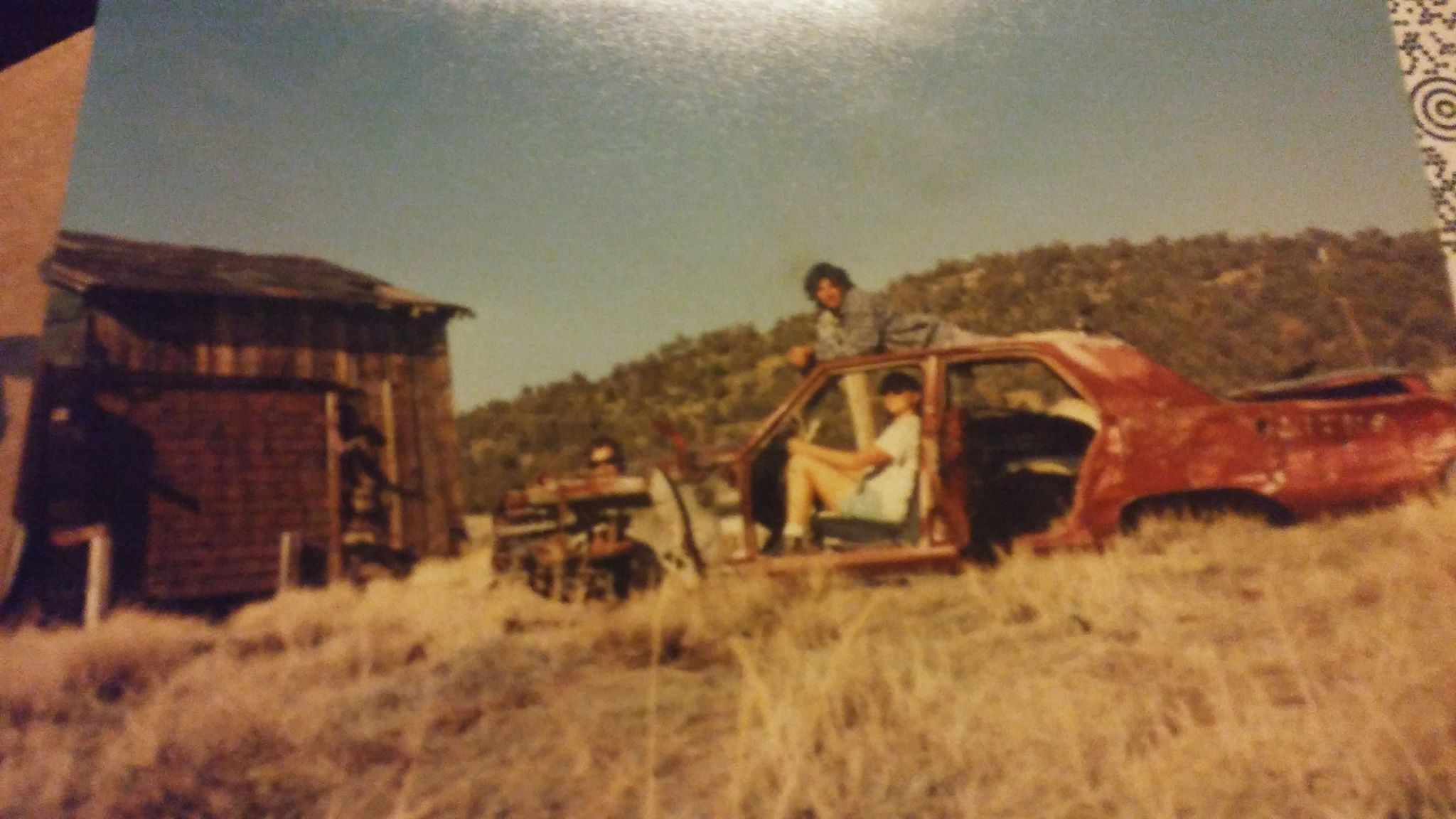
Hi Mike,
Wow…this post just floored me on so many levels. As a fellow historian, I deeply appreciated the way in which you remind us that “significance” has always been and always will be contingent and relative to one’s experiences. In his “History: A Very Short Introduction,” John Arnold emphasizes that our craft is about writing “true stories” as opposed to obsessing over some unattainable, objective Truth. Indeed, Arnold argues gloriously for truth with a small t instead of Truth with a capital T. Thanks not only for this reminder of that, but more importantly for the reminder of what is truly–I loved that you italicized this word in particular–significant in this contingent chaos we call life.
Denny
Thanks, Denny. I appreciate it and agree.